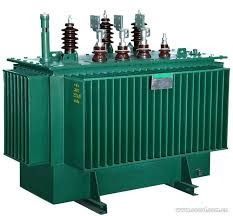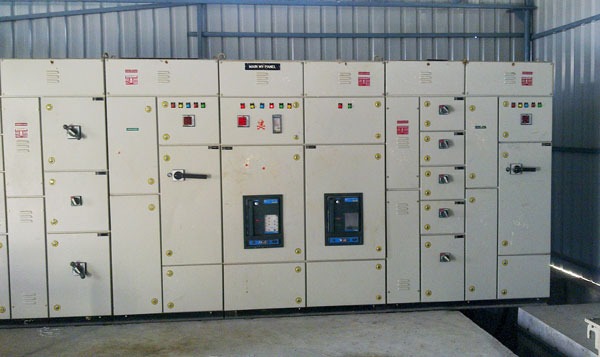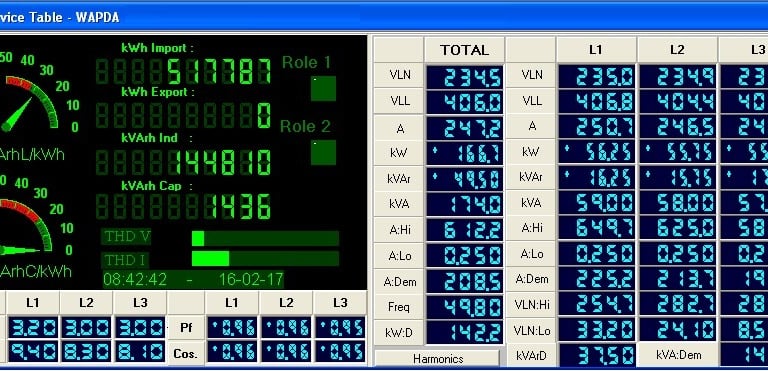Energy Engineering Services refer to the range of specialized services provided by engineers and consultants focused on the efficient generation, distribution, and use of energy in various systems and applications. These services aim to optimize energy use, reduce environmental impacts, and improve the sustainability of energy systems. They typically cover a broad range of activities, including energy auditing, design, implementation, and management of energy systems.
### Key Areas of Energy Engineering Services:
1. Energy Auditing:
- Comprehensive assessments of energy consumption in buildings, industrial facilities, and infrastructure.
- Identification of energy inefficiencies and opportunities for cost savings.
- Recommendations for improvements in energy efficiency, including upgrades to lighting, HVAC systems, insulation, and more.
2. Energy Management Systems (EMS):
- Design, implementation, and maintenance of systems that monitor, control, and optimize energy use in real-time.
- Integration of advanced technologies such as smart meters, sensors, and software to track energy performance and identify optimization opportunities.
3. Renewable Energy Systems:
- Design and implementation of renewable energy solutions like solar power, wind energy, geothermal, biomass, and hydropower.
- Feasibility studies, system integration, and long-term performance optimization.
- Consultation on regulatory compliance and incentives for adopting renewable energy sources.
4. Energy Efficiency Design:
- Providing energy-efficient design solutions for new constructions or retrofits of existing buildings and industrial plants.
- Incorporation of energy-efficient technologies such as LED lighting, energy-efficient HVAC systems, and building insulation to reduce energy consumption.
5. Sustainable Building Design:
- Expertise in green building certifications such as LEED (Leadership in Energy and Environmental Design) or BREEAM.
- Integration of sustainable energy practices in the architecture and infrastructure of residential, commercial, and industrial projects.
6. Power Generation and Distribution:
- Design and optimization of power generation systems
- Optimization of energy distribution networks for more reliable and efficient power delivery.
7. Grid Integration and Smart Grid Solutions:
- Consultation on integrating renewable energy sources into the grid, ensuring stability and reliability.
- Development of smart grid technologies that enable more efficient energy distribution and consumption, including advanced metering infrastructure (AMI) and demand-response systems.
8. Energy Storage Solutions:
- Design and integration of energy storage systems (such as batteries) to store excess energy for later use, particularly from intermittent renewable sources like solar and wind.
- Feasibility studies for selecting appropriate storage technologies based on energy demand and usage patterns.
9. Consultation and Training:
- Providing expert advice on energy-related policies, regulations, and emerging technologies.
- Offering training for employees or clients on energy-saving practices and the operation of energy-efficient systems.
### Applications of Energy Engineering Services:
- Commercial and Residential Buildings: Energy-efficient designs, renewable energy integration, and systems for reducing operational costs and carbon footprints.
- Industrial Facilities: Identifying opportunities for process optimization, reducing energy use, and implementing sustainable energy practices.
- Infrastructure Projects: Integration of energy-saving technologies and renewable energy into public infrastructure like street lighting, transportation systems, and public buildings.
- Energy Production: Helping power plants (both renewable and traditional) to optimize operations, reduce waste, and improve efficiency.






